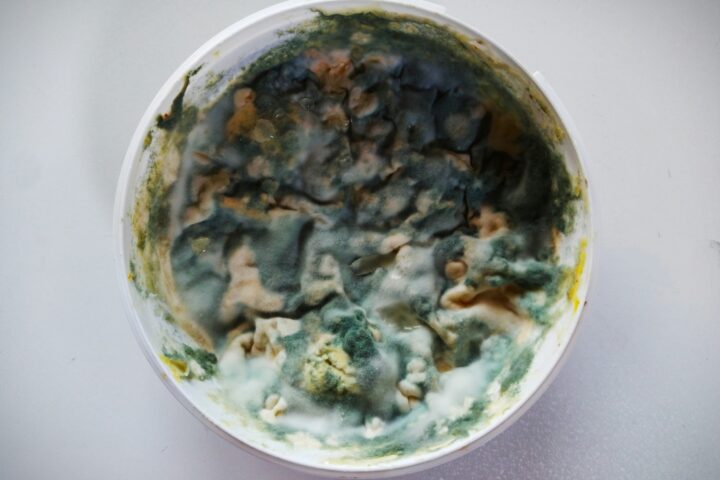
First plant-based corona vaccine
After just one year of research and development, the first vaccines against Sars-Cov-2 have received approval. The mRNA vaccines are the most effective. However, their production is relatively expensive, and they must be stored constantly at temperatures as low as -70 degrees Celsius. A Canadian company is successfully pursuing an alternative approach: it is using tobacco plants to produce the vaccine.
Thursday, January 13, 2022
The fight against the coronavirus is expected to continue until a majority of the population has gained immunity – through infection or vaccination. Effective vaccines were made available in record time thanks to years of basic research and a covid-related investment boost. However, research on other suitable vaccines against the coronavirus continues. The virus is persistent. It is an RNA type of virus. In contrast to DNA viruses, they can mutate more frequently. Each new infection gives the virus trillions of opportunities to change genetically. The requirements for a vaccine are therefore high. First and foremost, it must act safely and efficiently against the virus. The production processes must be flexible in order to be able to react to new virus types in the event of mutations. The huge quantity of vaccine doses that must be made available worldwide in a short time must also be considered.
New technologies are in demand
So far, the so-called mRNA vaccines have provided the most effective protection against infection and severe disease progression with COVID-19. However, there are also disadvantages. First is the price: mRNA vaccines are significantly more expensive than their competitors. Second, the necessity for storage at temperatures as low as -70 degrees Celsius makes logistics a real challenge. Maintaining the cold chain is difficult, especially in developing countries.
For these reasons, alternative methods for developing vaccines must also be explored. The Canadian company Medicago has succeeded in producing virus-like particles of the corona virus. These are protein structures that are externally identical to the coronavirus but are completely empty internally. These "fake coronaviruses" are not contagious and cannot multiply. The body's immune system is supposed to use these particles to learn to recognize the virus and form antibodies.
The vaccine is working
To produce these virus-like particles, researchers are taking advantage of the rapid growth of certain tobacco plants (Molecular Pharming). Genetic information is introduced into the leaves of the plants via a bacterium. The tobacco plants then produce large quantities of the desired protein structures within a few days. The production of a vaccine is many times faster than with conventional methods, where viruses must be produced in eggs. Vaccine production using plants has another advantage: the production process can be adjusted relatively flexibly in the event of a mutation of the virus.
Just 20 days after Medicago received the genetic sequence of the coronavirus, the company was able to produce a vaccine candidate. The major advantage: it can be easily stored in the refrigerator and does not need to be frozen. The results of the large-scale efficacy studies with 24,000 subjects in six countries are now available. The results are encouraging: despite the mutations currently circulating, the active ingredient has an efficiency of 71 percent. Serious illnesses from the virus were not observed in the vaccinated. Side effects are also rare. Fever occurs in less than 10 percent. A regulatory application has been submitted to Health Canada. If the vaccine is approved, Medicago will be able to manufacture approximately 1 billion vaccine doses per year in a manufacturing facility under construction.
Sources
Related articles

Genetic Engineering in Everyday Swiss Life – “There’s a Gene in Everything!”
The genetic engineering moratorium in place since 2005 gives the impression that Switzerland is largely free of genetic engineering. However, a closer look shows that genetic engineering has long since become part of our everyday lives – we just usually don’t notice it.

Global facts on world food and agriculture
Only thanks to technological progress and modern crop protection will we be able in the future to conserve our resources while feeding a growing population in a healthy and affordable way.

Pesticides in Green Smoothies
After countless recipes for Christmas cookies, festive roasts and cocktails, the advice on losing weight, detoxing and beautifying oneself now takes centre stage. Most of it is sheer nonsense.

Natural Toxins: An Underestimated Risk in Our Food
Safe food cannot be taken for granted. While chemical substances are often the focus of public criticism, reality shows that the greatest risks to food safety are of natural origin. Recent recalls of infant food products illustrate how insidious bacterial toxins or moulds can be.

